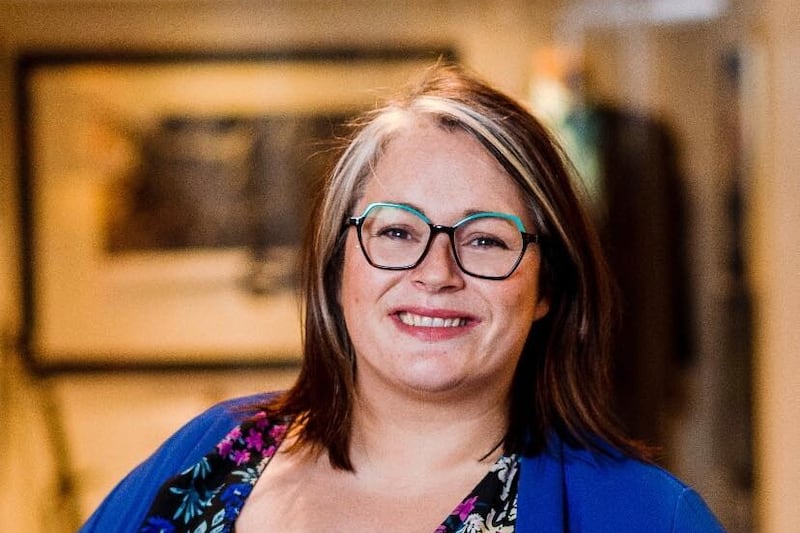Faith is a politically loaded concept. The mere mention of the word can cause even the most liberal of people to squirm in their seats. For many, the notion of ‘faith’ is synonymous with religious belief which is problematic.
Since the 1980s, allegations of institutional abuse exposing the level of coercion and criminality within religious organisations has highlighted the dangers of blind faith and how it can contribute to a culture of subjugation and control.
The oppressive hypocrisy evident in revelations about senior clergymen who acted to cover up heinous acts of child sexual abuse and exploitation demonstrated the susceptibility to coercion we can face when unquestioning belief is placed in those gifted with power, legitimacy and control over the community by virtue of their role or profession.
Yet, faith is not only the central premise of religious functionality; it is also the foundation of our democracy; it is what politicians ask of the electorate when campaigning to secure their vote and it is what enables our current system of governance to function – mutual faith between both the elected and the electorate.
Interestingly, mention of the word ‘politics’ conjures similar levels of emotive response.
Globally, it is no secret that faith in politics is also in decline. The rise of nationalism exemplified by Brexit, the war in Ukraine and the growth of far-right movements across Europe highlights how the loss of faith in politics and politicians can create an ideological vacuum which is being filled by sentiments of intolerance and extremism – both of which are the antithesis to Western democracy.
Although there has been a gradual decline of faith in politicians across the decades as well as across the globe, nationally, political leaders such as Boris Johnson and related scandals such as 'partygate' have done little to restore trust in the institutions as a whole.
Just this past week, the shock resignation of the former Prime Minister as an MP has further fractured belief in our political system. Given that the Privileges Committee would have instituted a 90-day ban from the Commons had Johnson not stood down, many have concluded that rather than face measures of accountability, Johnson took the easy way out.
Now, despite the fact that members of the public were prevented from saying goodbye to loved ones, while Boris Johnson was hosting private parties at Downing Street, and the fact he deliberately misled MPs in their investigations, the only measure of accountability remaining open to the public is the potential for Johnson to have his parliamentary pass revoked, removing his ability to access to government buildings – hardly punishment to fit the crime.
When we lose faith in central political leaders, we lose faith in institutions as a whole. What one rogue politician does to the idea of faith and trust in politics reverberates out across society. In this case, the damage done to societal trust is yet to be fully understood.
What the demise of both political and religious institutions has in common is a ‘do as I say, not as I do’ attitude.
Faith has been fractured because society has been violated. The public can no longer subscribe to outdated notions of hierarchical power and control given that those at the top of these structures have so profoundly abused their privilege.
Just as religion tells us that all men are created equal, democracy tells us that no one is above the law.
Until such a time when these principles ring true, faith, the foundation of trust, will continue to be eroded.
At a time when we need more cohesion, ethical leadership and inclusive governance our religious and political leaders continue to fall short.
And yet, the only available option I can see for protecting, sustaining, and improving our democracy involves a radial injection of faith – not in an unquestioning religious or political way but in a sincere and authentic fashion.
To me, faith is a gift. It is a manifestation of relationships and systems built on trust, mutual respect, accountability and value placed in what unites rather than divides us – our common humanity.
Whilst many would argue that now more than ever faith and politics should be kept apart, I suggest they become more intertwined.
Mary Kelly is away







